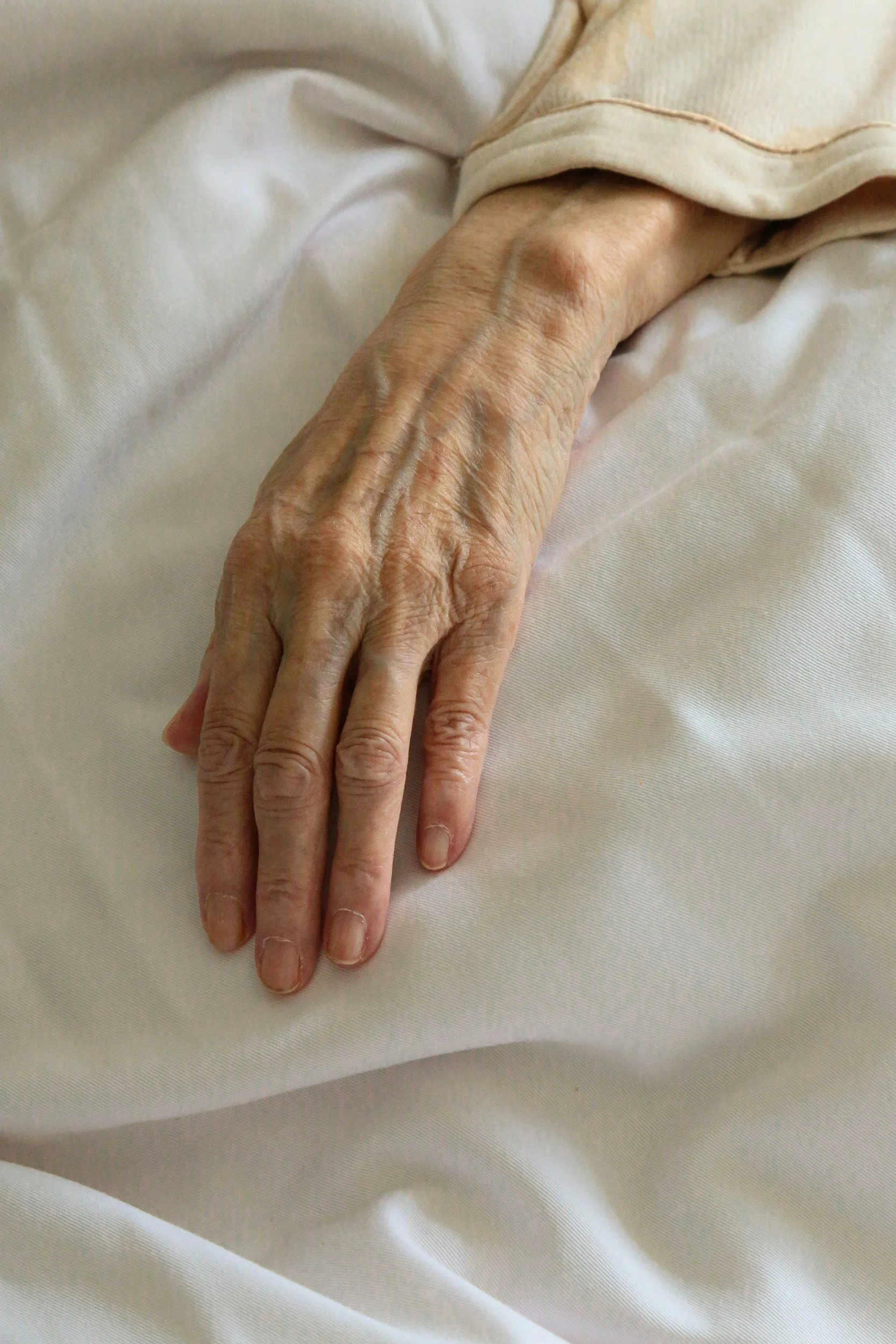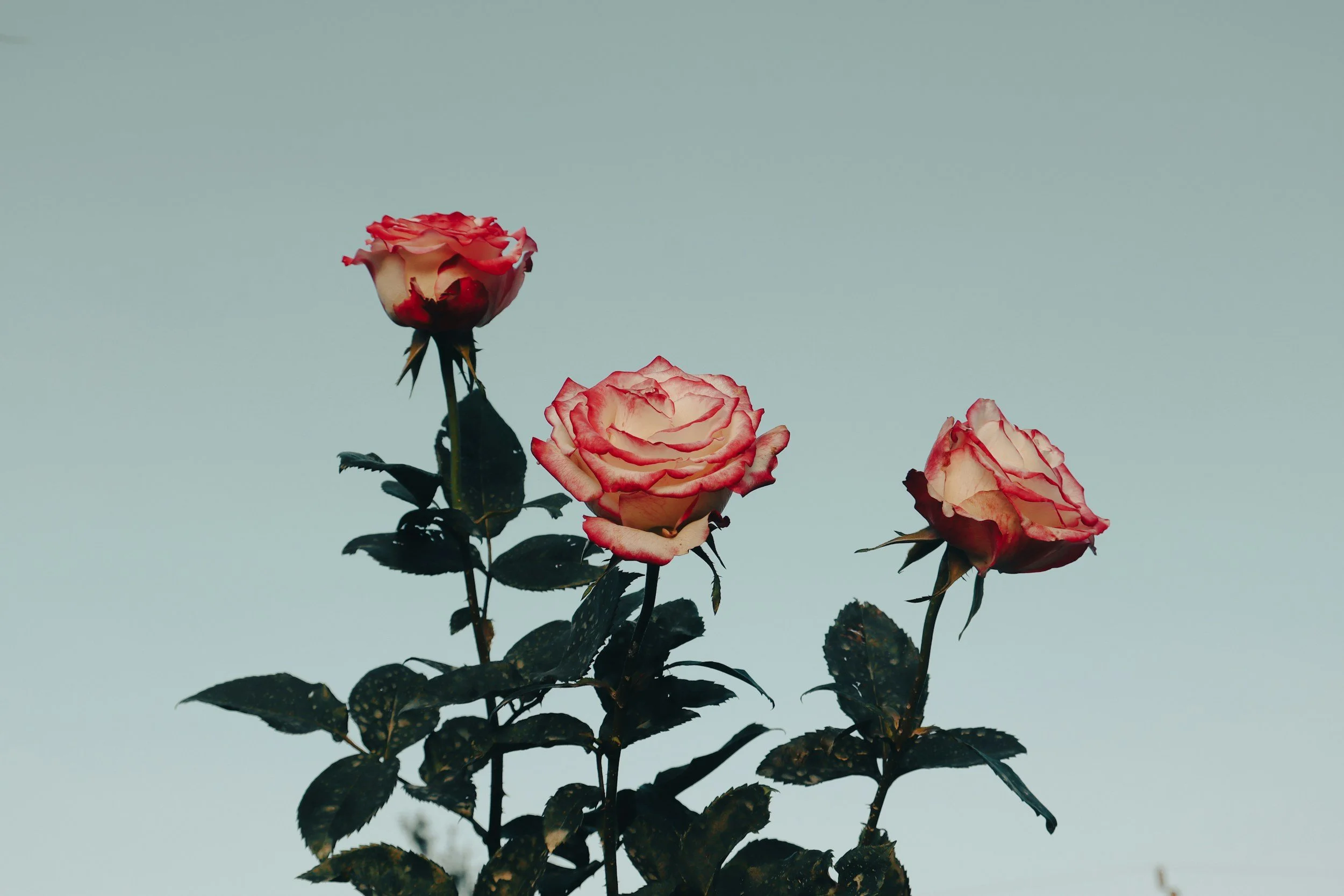The Wisdom of Grief
My Facebook feed brings me an Orca carrying her dead baby, her tears spouting upwards, salting the already salty ocean. I am like that Orca, carrying my bundled grief, attached to my heaving chest, refusing to let go. The sudden loss of marriage, child, parent, even as I came back from the brink of death, has become my bundled grief. I clutch it, like that bundle of celebratory, baby shaped rice Japanese mothers handle with so much care, as it is supposed to hold the child’s future. The sudden birth of grief, in what should have been a celebratory moment of healing from cancer, is now my new born baby. My physical baby, now grown, his umbilical cord cut thirty years ago, has drifted far into a silence, of grief. The loss of what was my small, tight knit family, has become like the weight of many barnacles, and periodically threatens to drown me in my own tears.
I am an Indian woman from India. Political changes in India brought my mother to Hawaii, the islands which she grew to love. Honolulu, was my “other” home, my mother’s adopted home. Upon finishing my Ph.D, I met a tall, thin, white, American Quaker who worked in my own field. We struck up a relationship built on our commonalities, married, and built our family and careers simultaneously. We had a preemie baby who we loved well, especially because we were unable to have any other children. Building careers and commuting took their toll on my body. Casting about to understand the grief of many miscarriages gave me wisdom to handle the griefs to come. Grieving and searching became a way of life. But I always thought that, as my now ex and I anchored each other, we could survive anything.
The last time I was with the love of my life, this white, American Quaker, to whom I gave thirty years of my life, we were at a beach off of Black point, on Oahu. Suddenly three whales danced not too far ashore. I took that as a good omen, that our little threesome would last forever. But it was not to be.
You can see this spot from an airplane, as it lifts off and curves around the southwest corner of the island up toward the American mainland. If you are lucky enough, sometimes you can see, even from way up high, little whale or dolphin families migrating in the clear, sea-green, turquoise-blue waters. But Hawaii was not to be a happy paradisiacal home for the threesome, husband, wife, and son. It seems that in the shallow waters, a dragon whose name meant green slimy dragon, a dragon mistress, waited in the shallow waters, unbeknownst to me, enveloped as I was in a chemo fog.
“Scientists say grieving is common among mammals.” And I’m that kind of mammal. Now, as divorce separated us all, I carried my grief like the Orca carried her dead calf, for eight whole years. The invisible barnacled millstone continues to drown me.
The shock of the divorce announcement came from the “other woman.” Just as I was getting better and beginning to move around, my now ex and I went to a performance of a Verdi Requiem at Pearl Harbor. Little did I know that it was the requiem for my life. His Blackberry buzzed incessantly. The phone at home rang as we returned. When I answered, it was one of his co-workers who was threatening, pleading, cajoling, and telling me she had been having an affair with my husband and was awaiting my imminent death, as they had planned to marry as soon as I had passed.
Doubled up with grief, clutching my sides and cringing, I tried to make sense of what she was saying. Even harder for me was the fact that we were two Asian women! How could she? She seemed to have no sense of sisterhood, solidarity, cultural connection. She was someone I had trusted. The whole situation was hard to fathom even more so, because she herself was married to a successful lawyer and had three children. Why did she want my family, my life?
Pacific storms soaked the corridors of the university, where my husband and I were both supposed to work. As the fall semester was set to start, we had to participate in an orientation. The cell phone leash yanked him out of meetings. Cringing, shrinking, hiding behind corners to see who was talking to whom, attempting to follow, weeping, I tried to make sense of what had just been sprung on me. Blindsided. My tears flowed like the Chinese typhoon that had hit, both me and the island. Yes, the Chinese typhoon swirled about me, metaphorically and literally. It blew the flowers from the Flame trees into Plumeria laced puddles. Blossoms in the mud! Blossoming hopes muddled. As the windows shattered around me, the shards pierced my heart. Stunned colleagues stood around to watch, as my ex circled the hallways, talking into a fading Blackberry, out of which came threats of suicide, of what I thought were “crocodile tears.” What did she want? Why was she doing this?
I saw the grief in the eyes of her older husband. Similarly betrayed, he too seemed to be wondering what she wanted. He had given her everything: immigration, a home, an education, three beautiful children at a prestigious school. And yet, she chose to go after another married man with a sick wife. Why? Prestige? Power? Vanity? The vanity of saying, “Oh, he wants me?” The joy and pleasure of destroying lives? It couldn’t be love. She talked of soul mates? What soul mates? She knew nothing of our common interests, literature or music. Perhaps it was just an unflinching clingingness? She had attached herself like a million barnacles to a hollow man’s chest. Hoping for what?
My ex collapsed, clutching his chest in what was to be my office. He had become an empty shell tossed about, floating on the incoming tide. Where was the tide to wash him ashore?
“Those were pearls that were his eyes…” “Death by water.” “Da datta Dayadhvam, Damayata.”
My tears of grief were like the waterfalls of Manoa. They fell consistently, rhythmically like the sheets of rain that water the green sides of the Ko’olaus. What was to be a paradise was to become a watery bier for my mother, me and my ex-husband, while my son drifted far away into an impenetrable Buddhist silence of distance and non-attachment.
The bottle of Ambien prescribed by the counselor tempted and mocked me. But Evalani, my Hawaiian friend mocked me further: “Why do you want to make it easy for them?” “Why do you want to let them have all your stuff…you know, stuff…stuff you worked for? Live and fight…fight…do good for you!” “Dems fighting words.” My spine stiffened. I got off the settee.
I had brought a myriad books with me to help survive the cancer. There were Christian Science Journals, Unity pamphlets, Hindu mantras, my own Zoroastrian prayers. They became the words to live by in this new and sudden grief. Survive I must, I determined. “Living well is the best revenge,” was the refrain I was sung to all the time, by strangers and counselors. But how does one do it, when one’s mother is dying of grief, all is shattered around your ill body, and your only child has drifted away into the silence of grief. Betrayal! Abandonment! A Creative Writing colleague handed me a new edition of Andha Yug, a Hindu text in which Hanuman warns that suicide leads your soul to wander aimlessly through many “yugs,” or lifetimes. Hanuman reminded me that back in Taos, New Mexico, there is a temple on a desert mountain dedicated to him. I prayed to him to build a bridge back to New Mexico, which had been our little family’s home before Hawaii, hoping that the lure of the “land of enchantment,” would call “the ex” back too. But I returned alone, to water a desert with my tears, a desert that nurtured me back to life, in its salty soil. It is amazing how walking barefoot in the desert sand, one foot before the other, in the Zen way, can heal.
I am now writing a survival strategy: a book of the various prayers and practices that brought me back to life. “Writing well is the best revenge.”
-Feroza Jussawalla
Feroza Jussawalla, is an English Professor transitioning into blogging and writing. She came from India to the University of Utah in 1973 where she earned her PhD. She has been teaching since. She is the author of several scholarly works and one collection of poetry entitled, Chiffon Saris.





















